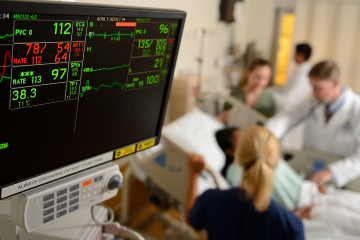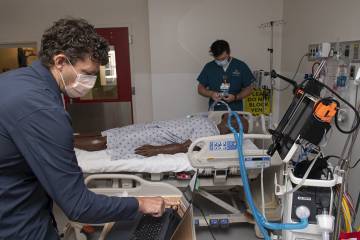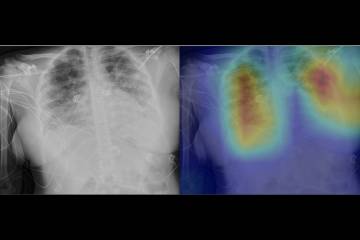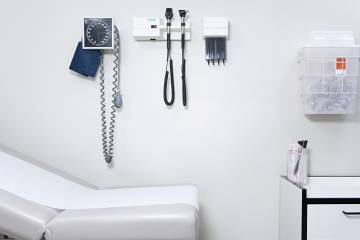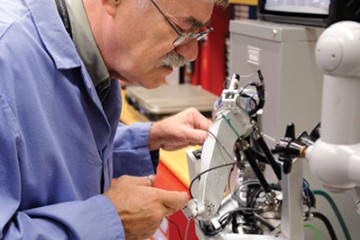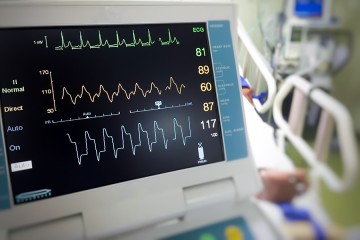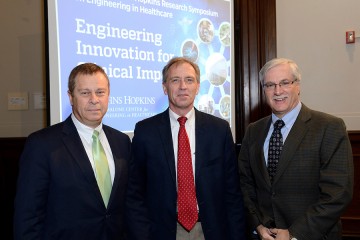Artificial Intelligence
Sepsis-detection AI has the potential to prevent thousands of deaths
Published July 21, 2022A new system identifies patients at risk for sepsis to aid in the prevention of the illness, which is often difficult to detect and is one of the world's leading causes of death




